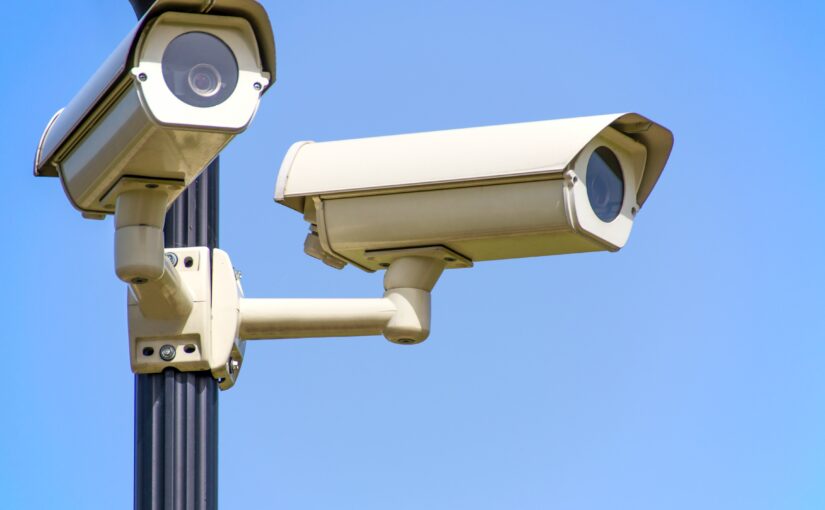Electronic Surveillance, the Fourth Amendment, and the NYPD’s “Muslim Surveillance Program”
By Annie Akbar — In a letter to James Madison after the French Revolution had begun, Thomas Jefferson wrote, “The earth belongs always to the living generation… Every constitution, then, and every law, naturally expires at the end of 19 years. If it be enforced longer, it is an act of force and not of right.” Here, Jefferson is advocating for a periodic revision of the Constitution, one in which the citizenry rethinks its guiding document in light of the circumstances of a new era. When comparing our age to that of our Founding Fathers, it is not difficult to understand Jefferson’s sentiment. The advancement of our society, especially in terms of technology, has significantly affected the ways in which civil rights (and their infringement) appear. This is especially true when examining electronic surveillance and its implications for Americans’ constitutional liberties. For example, in Hassan v. City of New York (2015), the United States Court of Appeals for the Third Circuit held that, under the First and Fourteenth Amendments, the New York City Police Department’s “Muslim Surveillance Program,” in which electronic surveillance was used to “infiltrate and monitor Muslim life in and around New York City,” was unlawful. While this decision undoubtedly finds legitimacy in the aforementioned amendments, I contend that applying a modern interpretation of the Fourth Amendment—one rooted in “living constitutionalism,” or the idea that “constitutional law can and should evolve in response to changing circumstances and values”—can also prove the program’s illegality.
